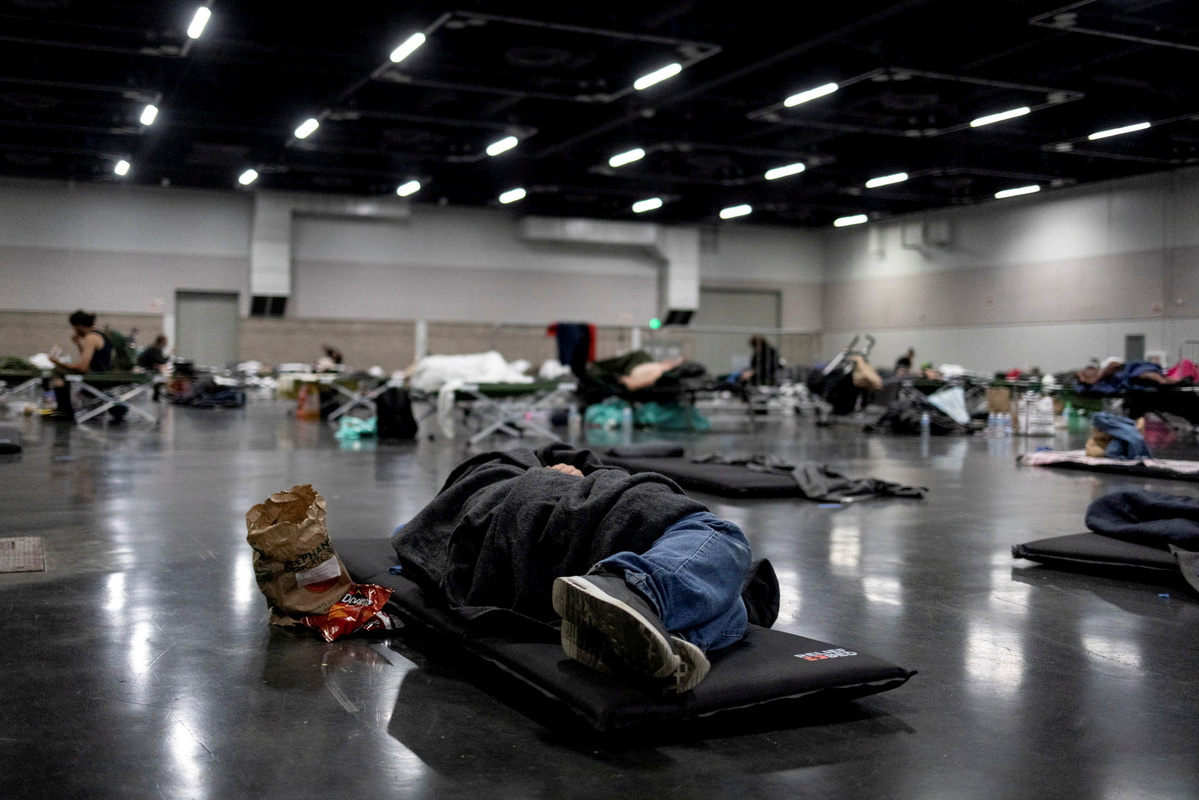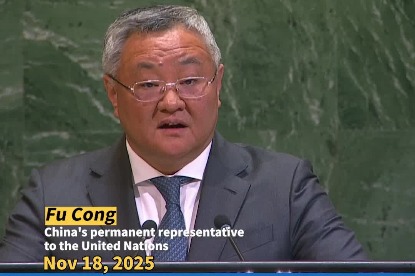Pacific Northwest heat wave blamed in more than 100 deaths






More than 100 people may have died in a record heat wave in the Pacific Northwest, according to authorities, with many of the fatalities in Canada and Oregon.
In Vancouver, British Columbia, police said they had responded to more than 65 sudden deaths since Friday.
"Vancouver has never experienced heat like this, and sadly dozens of people are dying because of it," Vancouver Police Sergeant Steve Addison said in a statement.
Oregon health officials said more than 60 deaths have been tied to the heat, with the state's largest county, Multnomah, blaming the weather for 45 deaths since the heat wave began Friday.
Seattle, Portland and many other cities broke all-time heat records, with temperatures in some places reaching above 115 F (46 C).
British Columbia's chief coroner, Lisa Lapointe, said her office would normally receive about 130 death reports over a four-day period. At least 233 deaths were reported from Friday to Monday, she said.
Like Seattle, many homes in Vancouver don't have air conditioning.
In a statement, Oregon's Multnomah County medical examiner blamed 45 heat deaths there on hyperthermia. The victims ranged in age from 44 to 97.
The King County medical examiner's office, which covers an area including Seattle, said at least two people died of hyperthermia. In neighboring Snohomish County, three men — ages 51, 75 and 77 — died of heatstroke in their homes, the medical examiner's office told the Daily Herald in Everett, Washington, on Tuesday.
In western Washington, the Spokane Fire Department found two people dead in an apartment building Wednesday who had been suffering symptoms of heat-related stress, TV station KREM reported.
Renee Swecker, 66, of Clayton, Washington, visited a splashpad fountain in downtown Spokane's Riverfront Park with her grandchildren Wednesday, told The Associated Press they "are going everywhere where there is water".
More than 58.4 million people live in an area affected by drought, encompassing California, Nevada, Arizona, Utah, New Mexico, Oregon, Washington, Idaho and Montana, according to the US Drought Monitor, which tracks climate patterns.
The agency said 49.7 percent of the Western US is in extreme and exceptional drought.
Across the country, New York City saw a third day of temperatures in the 90s, with temperatures in Manhattan topping out at 98 F.
"We need people to take immediate action," Mayor Bill de Blasio said Wednesday. "This is very serious stuff. We need to ensure that our electric supply is protected."
Con Edison reduced voltage by 8 percent to certain neighborhoods in Queens while crews work to repair equipment and is asking customers throughout New York City and Westchester County to conserve energy during the heat wave.
The utility has asked customers not to use energy-intensive appliances such as washers, dryers, and microwaves during the heat wave and also asks customers to limit unnecessary use of air conditioning.
"And as climate change induces extreme weather events more and more frequently, we need to make investments to build a more resilient grid to carry this electricity," US President Joe Biden said during a speech on Tuesday in Wisconsin, to promote an infrastructure bill.
Last year, hundreds of thousands of Californians experienced rolling energy blackouts during the height of the summer as the state temporarily shut off power.
The water level in Northern California's Lake Oroville, a key reservoir for the state, has fallen so low that state officials predict they will be forced to close the power plant for the first time since it opened in 1967.
The California Department of Fish and Wildlife is trucking millions of Chinook salmon from Central Valley downstream to the Pacific Ocean due to rising temperatures in the region's river that might kill the baby salmon.
The US Bureau of Reclamation, which oversees water resource management, announced in May that it will reduce water deliveries to many farm contractors in Central Valley, a move which would force farmers to cut back on crop production.
The Associated Press contributed to this story.




























